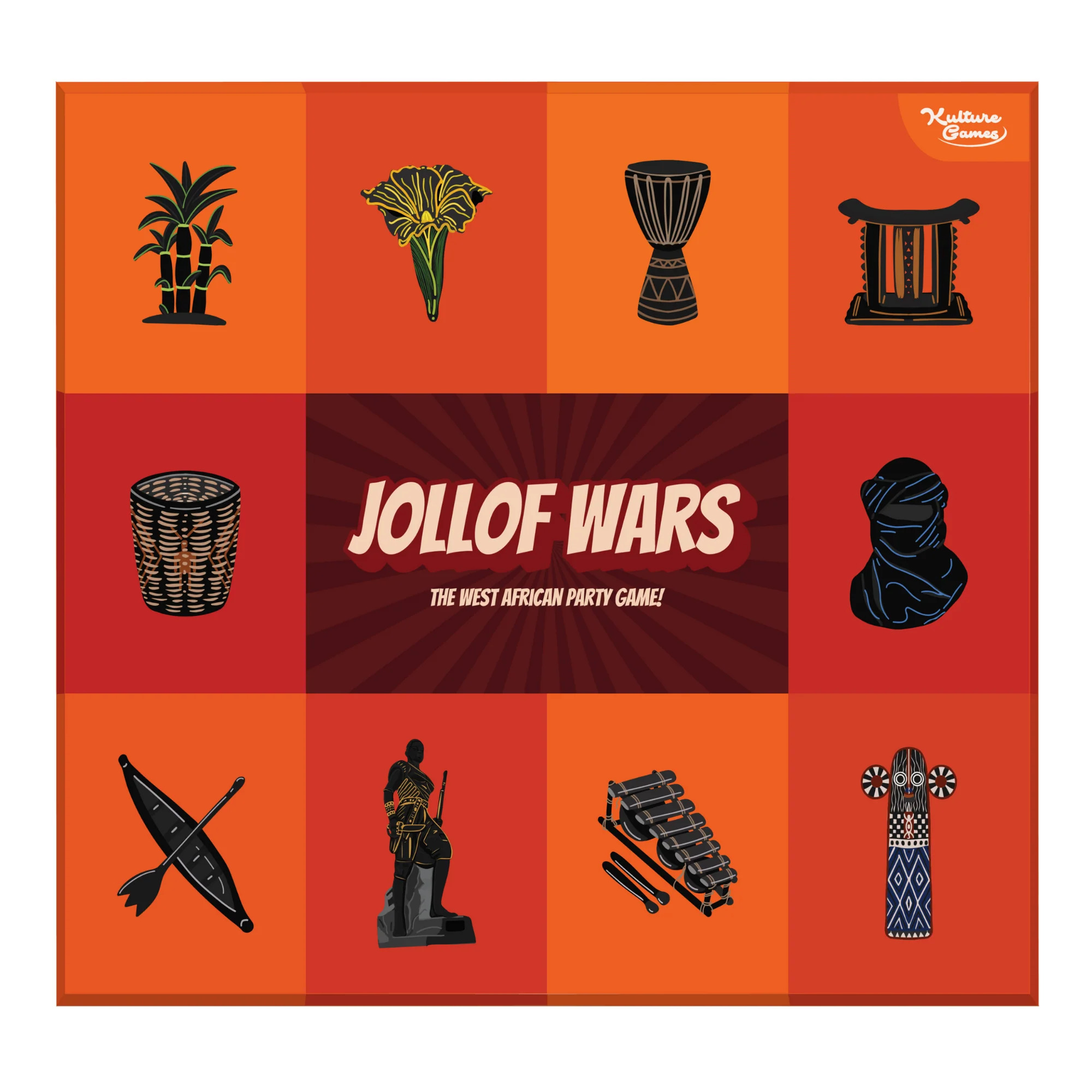For decades, Nigeria’s creative economy has dazzled the world through music, film, and fashion. From Afrobeats to Nollywood, these industries have proven that Nigerian stories can resonate globally and profitably. But a new creative frontier is emerging quietly across cafés, classrooms, and conventions: tabletop games. Once seen as a casual pastime, board games are now finding their footing as both cultural artifacts and exportable creative products. The question is, can the business of play become Nigeria’s next big export story?
A Growing Industry Waiting to Take Off
Across Nigeria, a new generation of designers is turning everyday experiences, folklore, and social commentary into card and board games. These creators are not just making games, they’re crafting cultural experiences that reflect the country’s humor, history, and rhythm. Games like Fila draw deeply from Yoruba proverbial culture, while Campus Wahala captures the vibrant chaos of a typical Nigerian university. Others, like Jollof Wars, bring in family-friendly wordplay infused with local flavor.

Yet, beyond their creativity, these games are prototypes for a potential industry. Globally, the tabletop market is valued at over $18 billion and continues to grow. With digital fatigue setting in worldwide, physical games are becoming a new form of social connection, one that Nigerian creators are uniquely positioned to shape.
Culture as a Competitive Advantage
What makes Nigerian board games stand out isn’t just clever mechanics — it’s identity. The storytelling, artwork, and themes are unapologetically local, offering something global audiences haven’t seen before. Games that explore proverbs, folklore, or even street market life hold the same cultural magnetism that made Nollywood films and Afrobeats irresistible exports.

Designers like Kenechukwu Cornelius Ogbuagu, founder of NIBCARD Games and organizer of ABCon, have championed this vision for nearly a decade. His studio has produced award-winning games that tackle migration, peacebuilding, and African mythology. These aren’t just fun experiences, they’re cultural exports in a box. “When people play our games,” KC once said, “they are not just playing; they are learning about who we are.”
Challenges on the Road to Global Reach
But building a creative export industry is no small feat. Nigerian designers face steep challenges — from high production costs to limited access to quality printing, logistics, and global distribution networks. Many rely on small-batch crowdfunding campaigns, personal savings, or collaborations with international partners to get their ideas into players’ hands.
Another hurdle is visibility. Unlike music or film, board games require physical interaction; they depend on communities, conventions, and cafés to grow. That’s why spaces like the Games & Chills in Nasarawa, Hobb’s Games in Lagos, and R2 Playhub in Jos are so vital. They aren’t just hobby spaces, they’re incubators where designers test games, build audiences, and nurture a local industry.
From Hobby to Creative Export
The key to transforming tabletop games into an exportable creative sector lies in infrastructure and investment. If supported through local manufacturing, creative grants, and international partnerships, Nigerian games could follow the same path as Korean dramas or Japanese RPGs. Their local flavor is their global advantage.
Already, Nigerian designers are beginning to attract international attention. Some are showcasing at conventions abroad, while others are in talks with publishers across Africa and Europe. ABCon itself is fast becoming a launchpad not just for games, but for creative entrepreneurship.
Play as a Pathway Forward
Play has always been a universal language, and Nigeria speaks it fluently. The same imagination that built global pop culture powerhouses can build a thriving tabletop industry — one that entertains, educates, and exports.
As the world looks for fresh voices in storytelling and design, Nigerian creators have a seat at the table literally. All that’s left is for the rest of the world to take a turn and roll the dice.
Written by: Hilda Alagada













